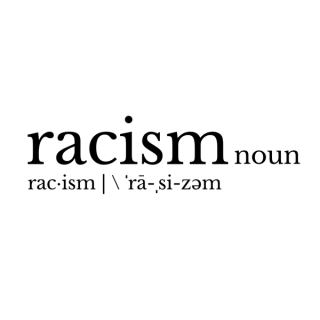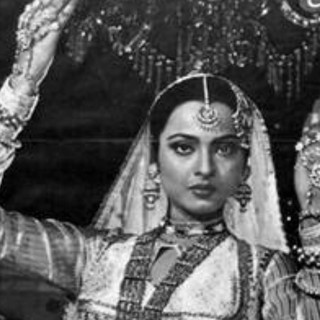Recently, West Indies cricketer Darren Sammy found out the meaning of a word he remembers Indian cricketers calling him back in his Indian Premier League days — kalu. Sammy had thought the word meant “strong stallion” or something equally appreciative in nature until he realized it was actually degrading. After vowing to speak to those cricketers to clear things up, Sammy tweeted last night that the issue had been resolved and that the Indian cricketer in question had assured him it came from “a place of love.”
Sammy’s account highlights a normalized, yet deeply prejudicial aspect of interpersonal interaction in India — words such as kalu/kalia or moti/jaadi are commonplace, often used among friends with affectionate undertones. Usually, a person who has dark skin or is fat gets called these names that over time often become an identifier of sorts. These eventually replace the person’s given name with a descriptor that focuses on an aspect of their appearance, often one that is considered out of place, ugly and worth mocking. It becomes an ongoing pseudo-joke-insult that constantly directs focus on certain physical attributes of a person, serving as a constant reminder that they’re reduced to the least societally-accepted parts of themselves.
The ubiquity of kalu, for example, stems from a cultural obsession with fair skin that simultaneously denounces dark skin — with black at the bottom of the hierarchy — as unwanted, dirty, dangerous. This is a result of India’s white colonial past, which for the longest time painted black people as animalistic cannibals only worthy of mockery and disgust. When dark skin carries such a heavy burden of discrimination — one that is alive and kicking even today — calling a person kalu, regardless of how much affection it’s said with, cannot be harmless.
Moreover, normalizing such insults as identifiers puts the onus on the person being insulted to figure out if they’re being degraded, mocked, or both. It requires them to do the mental gymnastics of assessing if their friend just acted out of malice, out of sheer ignorance, or somewhere in between. This runs the risk of reinforcing already-existing insecurities, while the cultural normalization of such terms ensures the offended party suffers deep discomfort in standing up to their friends.
A similar thing occurs with moti — it’s a fatphobic term that’s often used to refer to fat people, often endearingly, in a way that foregrounds their fatness within their identity, as perceived by others. People who regularly call their fat friend moti or jaadi might not mean it to be malicious, or even as a means to make fun of them, but ultimately end up harming their friend by what they chose to focus on while referring to them.
Related on The Swaddle:
All The Arguments You Need: to Convince People Being Fat Isn’t Necessarily Unhealthy
The examples are plentiful — gawar, which is often used to taunt or ridicule a person who’s acting dumb, is classist. It usually refers to people from villages and small towns who are assumed not to be smart or educated, and therefore worthy of mockery and being thought of as less-than. Another is bhangi, a casteist word often used to insult people who are dressed shoddily. The word is usually reserved for scavengers and cleaners who are considered untouchable. Incorporating these words into everyday vernacular, and attaching a derogatory, insulting undertone to them, perpetuates a system of oppression against poor people, and Dalits, Bahujans and Adivasis.
These might seem like everyday words, not worthy of a second thought. But that’s what normalization does — if used constantly, these words get stripped of all meaning from our minds, eventually starting to seem harmless. But for people at the receiving end, they’re hardly ever harmless and serve as constant reminders of their seemingly disparate place in the world.
This is not to say PC culture is coming for all insults. “Friends who hit each other with frequent, good-natured roasts might have stronger friendships after all,” The Swaddle’s Aditi Murti writes in a heartfelt defense of roasting one’s friends. But there’s a difference between banter and bullying, and it’s not determined by the manner in which one delivers these insults or the intent with which they’re doled out.
If jokes are at the expense of another person, then the only thing that should matter is the magnitude of that expense.




